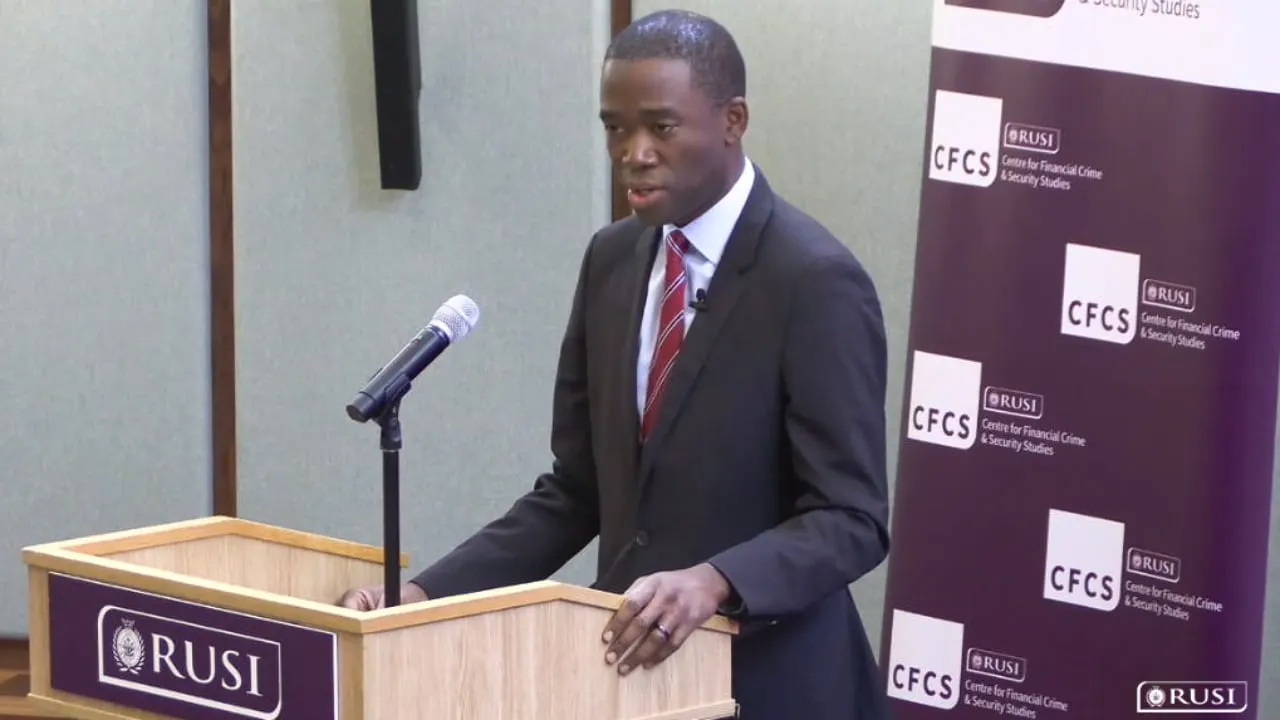Cryptocurrencies are still used by terrorist groups like Hamas, however, their use is still limited compared to more traditional alternatives, said U.S. Deputy Treasury Secretary Wally Adeyemo.
“The thing that we know about terrorist groups and those who look to move money illicitly, is that they're going to use any new technology to try to do that," said Adeyemo during an event hosted by London’s Royal United Services Institute on Friday. "Today, I would say that the use of crypto is not the vast majority of the ways that these groups are funded.”
According to Adeyemo, cryptocurrencies are an evolution of the terrorist groups’ attempts to find ways to circumvent international sanctions, which after 2001 saw them partly shift from a traditional banking system and turn to new payment solutions like PayPal and Venmo.
That doesn't mean blocking the illicit use of crypto isn't a priority, however.
“That evolution continues, and the next source of that is cryptocurrency,” he said. “And we need this industry to work with us to make sure that we're preventing cryptocurrency from being used and abused by Hamas and these groups going forward.”
Adeyemo’s comments come as American lawmakers step up pressure on the Biden Administration and the Department of Justice to scrutinize the crypto industry.
Last week, bipartisan lawmakers, led by Senators Elizabeth Warren (D-MA) and Sherrod Brown (D-OH), demanded answers from President Biden’s top advisors regarding the role cryptocurrency plays in financing terrorism.
Yesterday, Sen. Cynthia Lummis (R-WY) and Rep. French Hill (R-AR) urged the DOJ to investigate crypto exchange Binance and stablecoin provider Tether for their alleged role in facilitating illicit activity.
Since the Hamas attack on Israel on October 7, news has swirled that the surprise killing spree was funded largely using cryptocurrencies. But experts and blockchain analysts have since come out to say that both mainstream news articles and politicians have made inaccurate claims.
“There is no evidence to support the assertion that Hamas has received significant volumes of crypto donations,” blockchain data firm Elliptic said yesterday.
The U.S. Treasury Deputy Secretary went on to say that the so-called mixers—tools that seek to make it harder to trace the origin of crypto funds by mixing coins of multiple users—are “a great example” of a technology that is looking to innovate ways to disguise the flow of funds.
He explained that the Treasury would hold those who develop these kinds of tools "responsible for making sure they're taking steps to prevent terrorists from being able to use these types of innovations in ways that allowed them to continue to do the types of horrific things that we saw Hamas do."
According to him, the U.S. government also expects that financial institutions, crypto firms, and other players in the crypto industry will take steps to prevent terrorists from accessing resources.
“If they do not act to prevent illicit financial flows, the United States and our partners will," added Adeyemo.
Edited by Liam Kelly.


